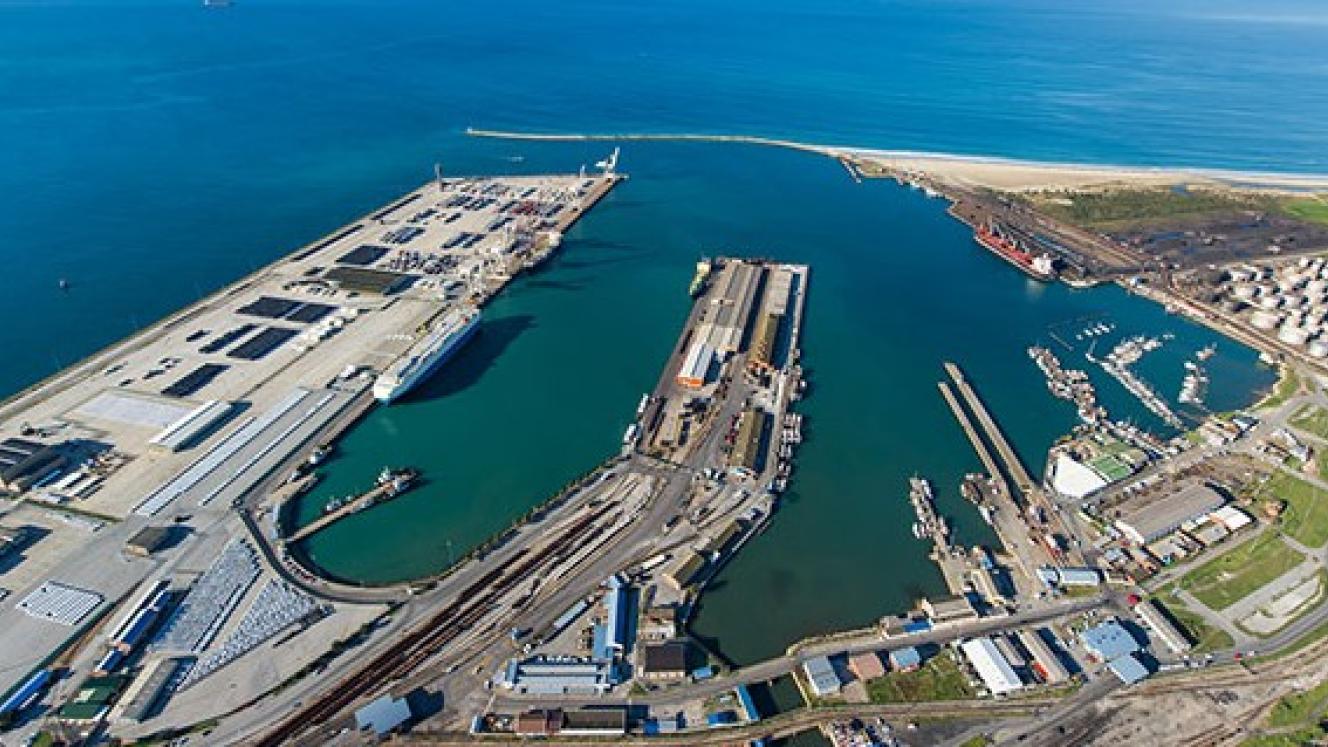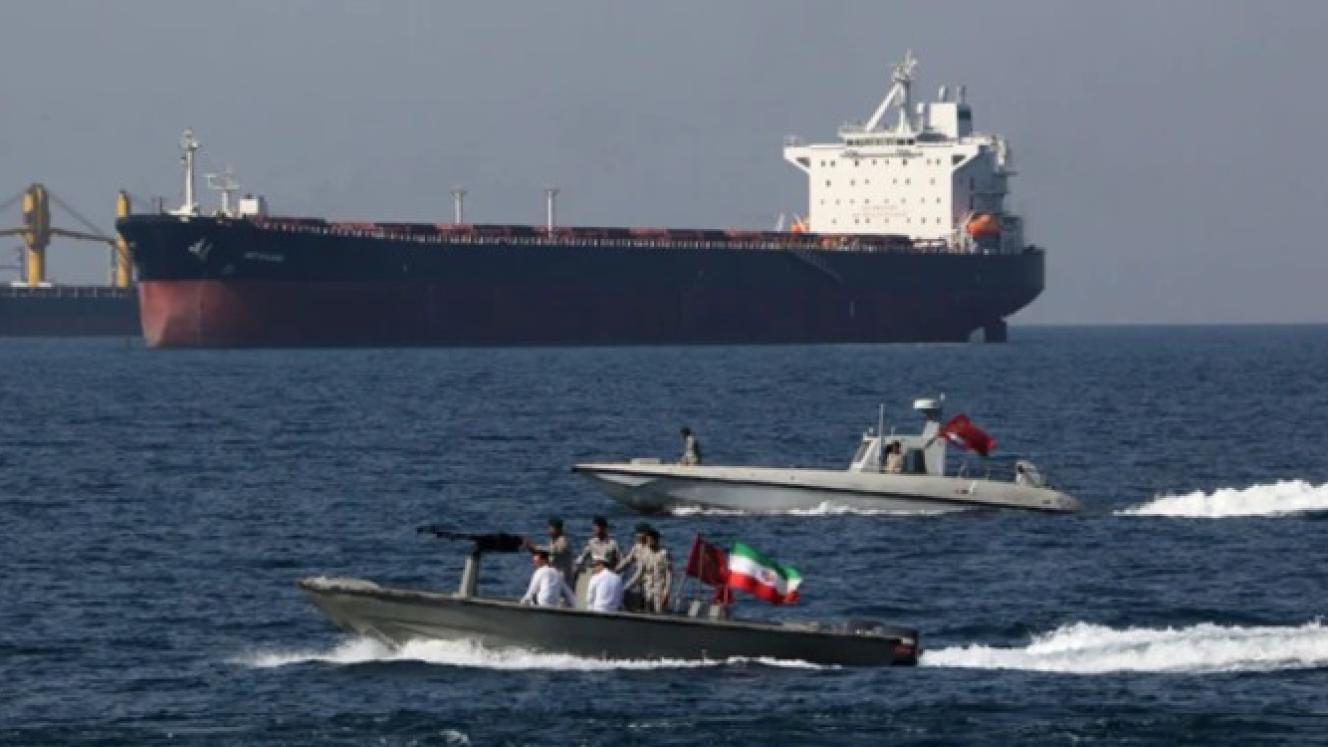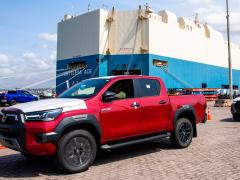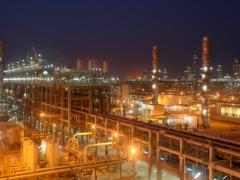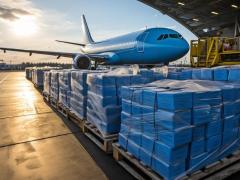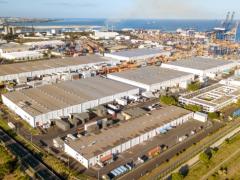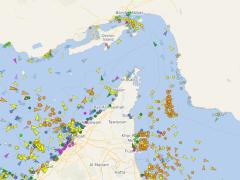Exporters from the Nelson Mandela Bay metropole are bracing for a devastating economic blow following US President Donald Trump’s announcement of a 30% tariff hike on South African exports that takes effect on August 1.
The move, outlined in a letter to President Cyril Ramaphosa last week, threatens to disrupt the Eastern Cape’s export-driven economy, with vehicle manufacturers and component suppliers sounding the alarm over potential job losses, reduced competitiveness, and a wide economic downturn.
Siegfried Lokotsch, owner of Jendamark, which exports 85% of its assembly lines, software, and industrial systems to the US, has said the tariff hike was a “direct blow” to local manufacturers, placing jobs, innovation and foreign income at risk.
“The government must engage urgently to preserve our trade relationship with the US, or the entire SA economy will feel the pain,” Lokotsch said.
He added that the African Growth and Opportunity Act (Agoa) was under threat, while an additional 10% tariff was possible due to the country’s Brics membership.
Mercedes-Benz SA, which exports nearly 90% of its East London production to the US, has already paused production for six weeks this year to adjust output volumes.
Auto parts supplier Linde Wiemann's human resources manager, Robin Fourie, said sales had dropped 75% and staff had been placed on short time.
“If tariffs hit, downsizing may be inevitable,” he said.
National Association of Automobile Component and Allied Manufacturers policy and regulatory head Beth Dealtry said South Africa’s R28.7 billion in automotive exports to the US last year accounted for 10.7% of total automotive exports.
“With 100% of these exports now affected, demand will shrink as buyers pivot to cheaper sources,” she said.
The Citrus Growers’ Association’s Dr Boitshoko Ntshebele said the tariff hike would render South African citrus uncompetitive, potentially depressing prices in alternative markets.
Exporters Eastern Cape chairperson Quintin Levey said the closure of companies like Goodyear highlighted the stress the manufacturing sector was facing.
Nelson Mandela Bay Business Chamber CEO Denise van Huyssteen said switching to alternative markets was not a quick fix, as trade agreements with the EU and US drive job creation through diverse, high-value exports.
Source: The Herald
